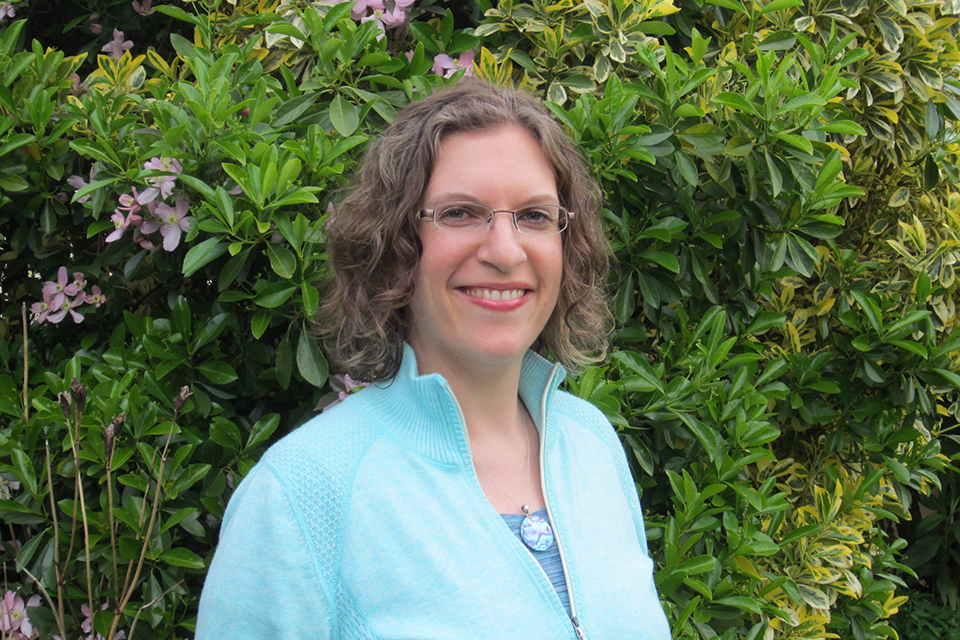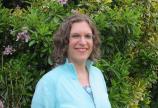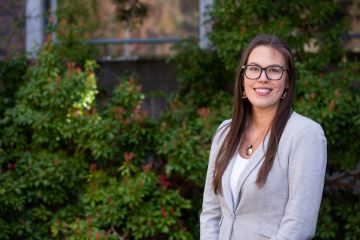What makes mentoring successful?
- Julie Remy

Sarah Buydens, who graduates this month with a PhD in educational psychology specializing in counselling, has devoted many years exploring what helps and hinders the outcome of mentoring relationships.
Her fascination with and inspiration for mentoring started at a young age while she was in the Girl Guides of Canada. “I was surrounded by astute, well- put-together, strong women who had this great love for the outdoors. I just soaked that up for years and years. That was my first experience with mentoring.”
These women showed her how to survive in the woods, sent her off to India, and gave her the confidence to hold her own and grow into a strong woman, she says. Those life experiences also ignited a passion to help others through the counselling profession.
In 2011, Buydens earned her master’s degree in counselling psychology from UVic. Her thesis—on the lived experience of veteran women in the Canadian Forces—returned her once again to the theme of mentorship.
“If the veteran women had someone who was on their side that they could go to, such as a mentor, it helped them to be more resilient and persevere in any hardships they faced while serving their country.”
She decided to expand the scope of her research at the PhD level and remain under the supervision of psychologist Tim Black. She quickly realized that mentoring is everywhere.
“Mentoring is not just career focused; it can be spiritual, personal, it can be anything,” she says. “It doesn’t matter who you are, how old you are and what your background is.”
But first she had to develop a definition of mentoring and its related terms. There needed to be “thorough detailed tangible behaviourally specific definitions of mentor, protégé and mentoring,” as she put it.
“Sarah’s working definition of mentoring is a significant contribution to the literature,” says Black. “In conducting her research based on this working definition, Sarah has the opportunity to influence the field of mentoring research in a positive way by providing the basis for a common understanding of how mentoring differs from teaching, coaching and other helping professions.”
Buydens’ research identified specific behaviours that can enhance and improve mentoring outcomes. With this knowledge in hand, Buydens says her future plans are clear.
“I want to create modules that organizations can use to teach positive mentoring in their own contexts. And I’m a counsellor at heart. As a therapist, my vision is to create health and healing. I want to use what I’ve learned in my mentoring research to further assist others.”
Photos
In this story
Keywords: convocation, graduation, student life, education, psychology, graduate research, mentorship
People: Sarah Buydens





